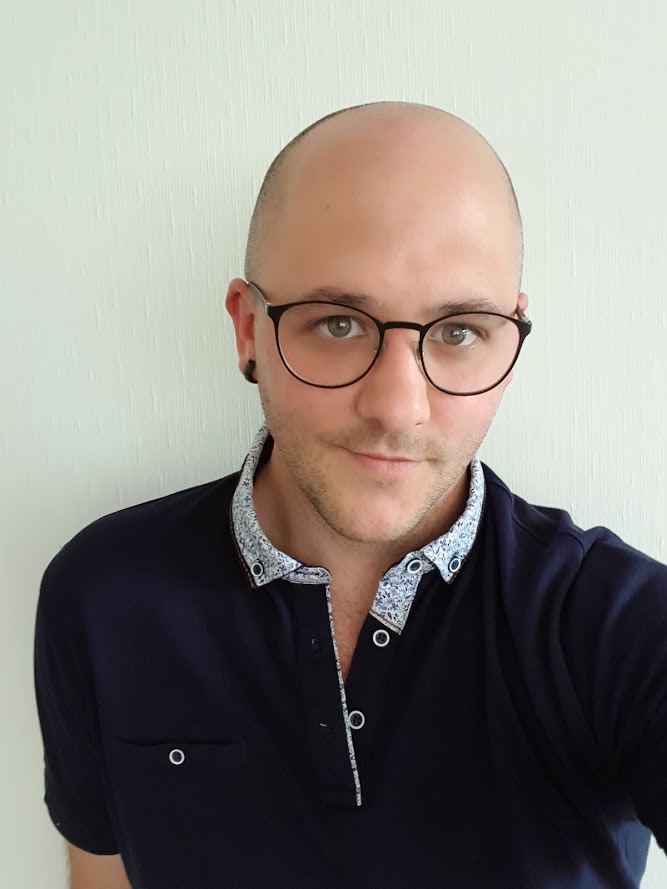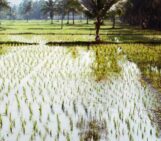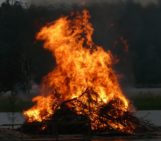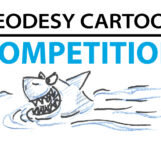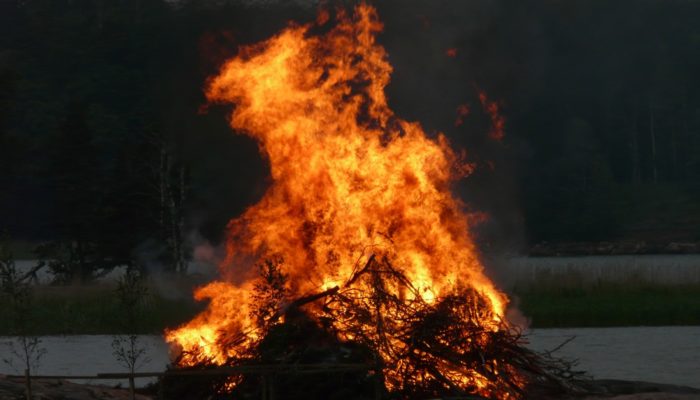
We all welcome you around our fourth EGU Geodesy Campfire to listen to two exciting talks by Early Career Scientists (ECS) Marcello Passaro and Kevin Gobron. The Geodesy EGU Campfire Events “Share Your Research” will give early career researchers the chance to talk about their work. Below you can find detailed descriptions about their talks. We will have time for networking after the presentations.
Please join us on Zoom on March 4th from 3 to 4:30 pm (CET). Register for this webinar here.
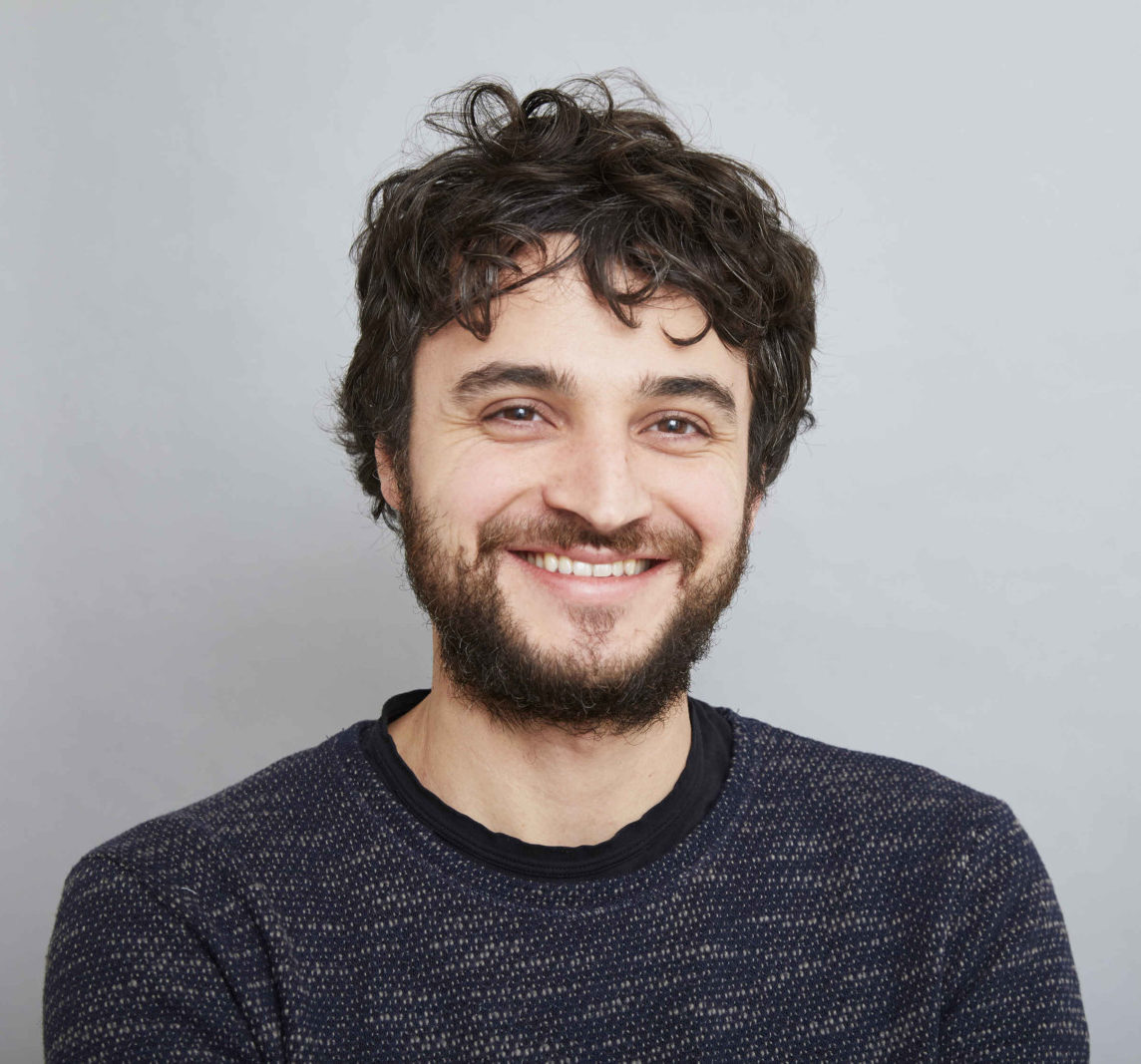 Marcello Passaro @DGFI – TU Munich (Germany):
Marcello Passaro @DGFI – TU Munich (Germany):
Coastal sea level and wave height observations with radar altimetry
This talk is a partial review of the progresses in sea level and sea state climate research driven by the use of improved signal processing techniques on radar altimetry data in the coastal zone. We are nowadays able to evaluate sea level variability at a sub-regional scale in connection with large-scale atmospheric variability, as in the Baltic Sea, where gradients in sea level variability between the extremes of the basins are related to shifts of wind regimes in winter. Considering the average wave climate, we can now quantify the gradient of mean significant wave height between offshore and the coast, which as a global average decrease by about 20% in less than 30 km due to coastal phenomena such as land shading.
Kevin Gobron @Royal Observatory of Belgium (Belgium):
Obstacles to realistic velocity uncertainty assessment from GNSS position time series
The statistical modelling of position time series derived from GNSS plays an essential role in geodetic and geophysical applications. In particular, an accurate model for the time-correlated stochastic variations in GNSS positions time series is required to derive reliable parameter uncertainties from observations. This is especially important for station velocity uncertainties, which are very sensitive to time correlation in the positions. With the intent to reduce the risk of miss-interpretation of estimation results, this presentation will highlight some obstacles to realistic uncertainty assessment from GNSS position time series and present strategies to avoid them in geodetic and geophysical studies.
We are looking for speakers for the next Geodesy EGU Campfire Events “Share Your Research”. Are you interested in giving a talk, then please express your interest by filling out the form: https://forms.gle/tc2vwGehHHb8THrJ7
If you have any questions about the Geodesy EGU Campfire Event, please contact the Geodesy ECS Team via ecs-g@egu.eu.

